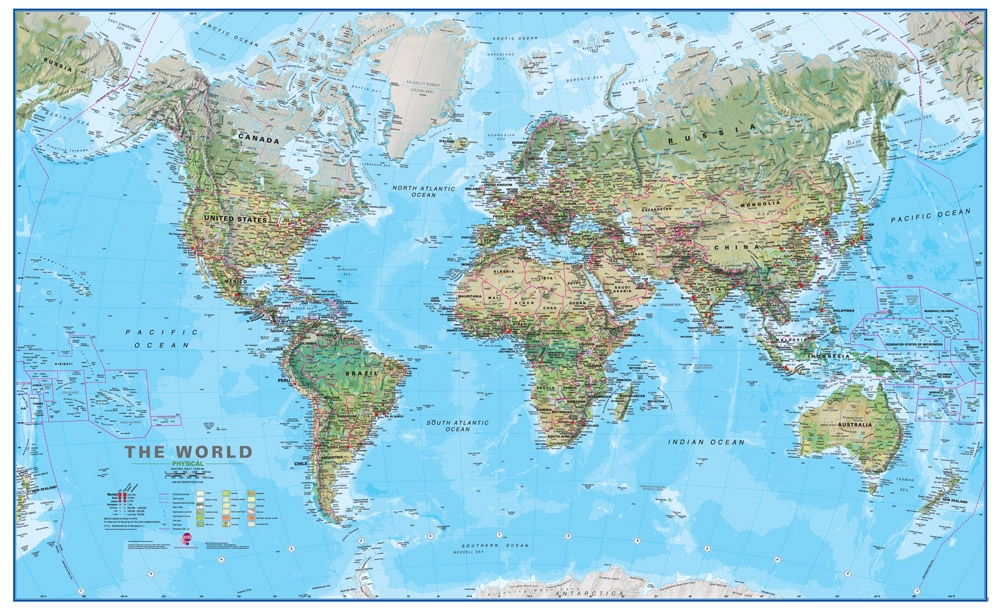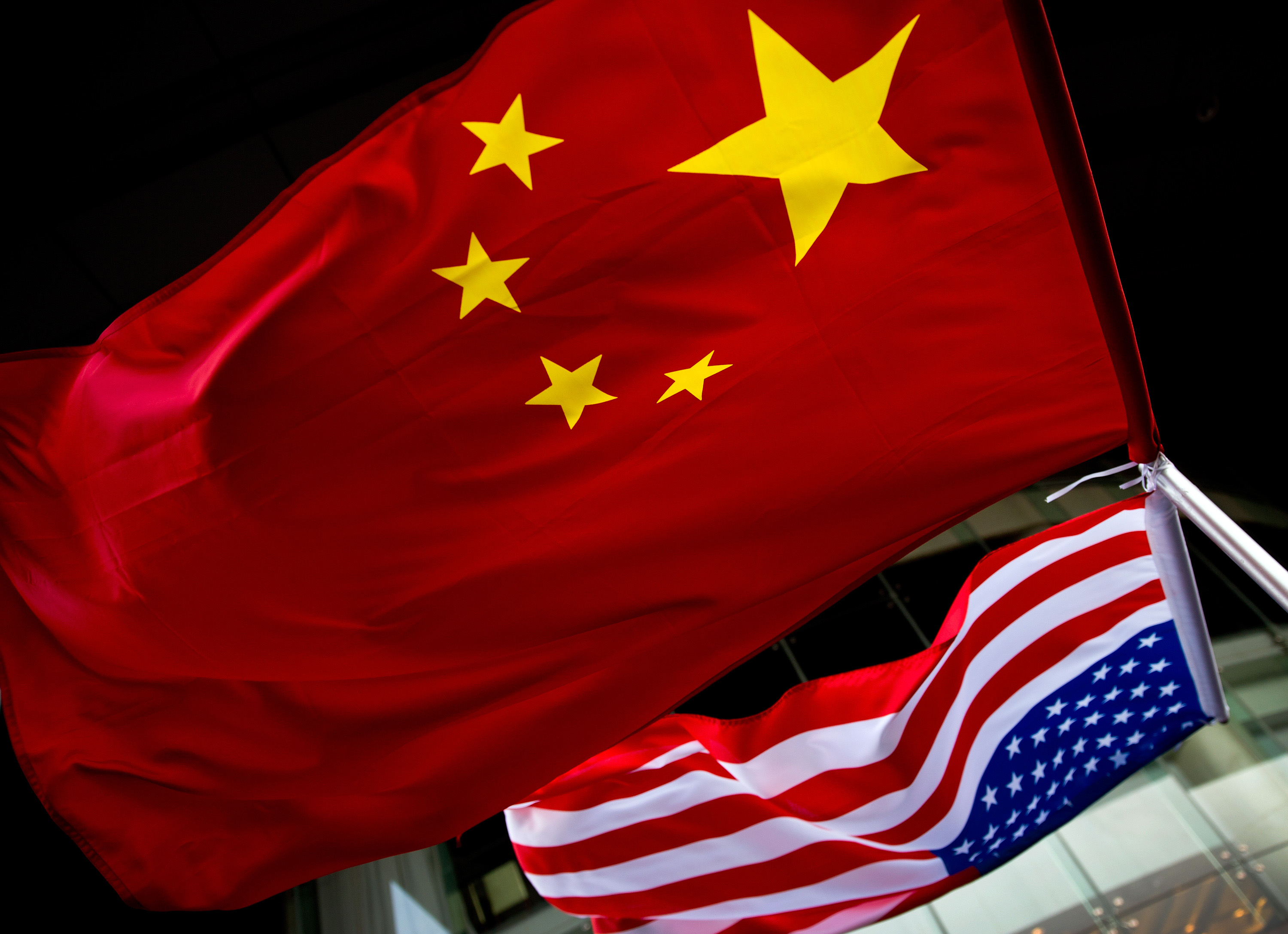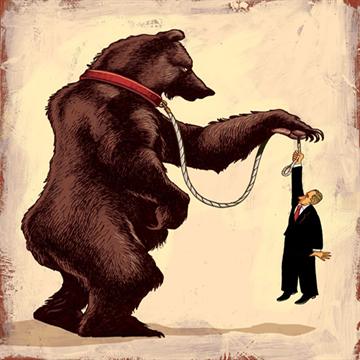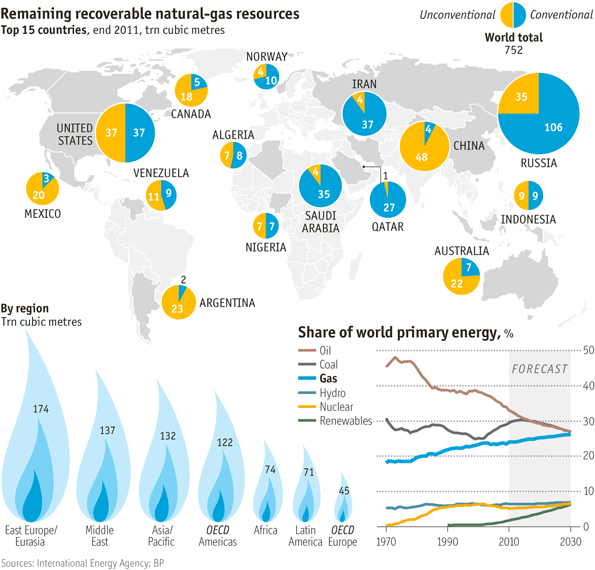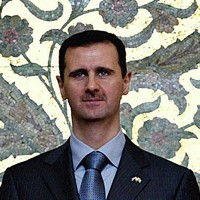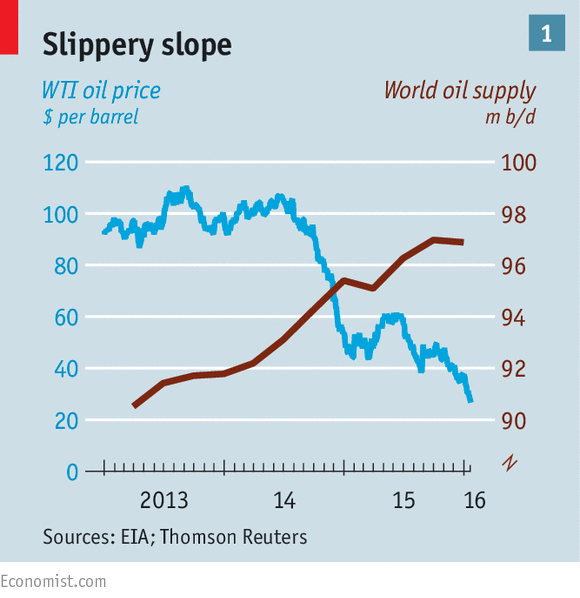
FASCINATING BRIEFING IN A RECENT ECONOMIST (23 JAN 16) ADDS A NEW TWIST TO AN ARGUMENT I'VE BEEN RECENTLY ADVANCING ON HOW NORTH AMERICA'S EMERGING ENERGY INDEPENDENCE DRAMATICALLY REDEFINES ITS OWN SENSE OF ECONOMIC RESILIENCE AND – ULTIMATELY – AMERICA'S GLOBAL SECURITY PERSPECTIVE. Think of the future as mostly about energy and water, with the latter accounting for food production. Any country seeking to ensure its economic resilience going forward wants to be either rich in both, or rich in secure access to both. This is essentially where China is weakest now and in coming decades (hence the aggressive military behavior on display off its coast), because it must import both food and energy in ever increasingly amounts (and overwhelmingly via seaborne trade). This is also where America (and North America in general) is strongest now and in coming decades, relative to just about every great power out there – save perhaps Russia. But even there, America has little reason to unduly worry about the widely-perceived renewal of strategic rivalry with Moscow, which invariably becomes China's economic vassal on that basis:
China, please meet Russia, an energy-business-masquerading-as-a-government, which is incredibly vulnerable on the subject of lower energy prices but stands as the world's largest exporter of energy.
Russia, please meet China, which is the world's largest importer of energy and the stingiest, most aggressively demanding trade partner in the world.
Please go about you co-dependency with all the respect and friendship that you've each bestowed upon the other's culture and civilization over the years.
As I've pointed out, North America is already the world's de facto swing producer on grains, which gives us an enormous strategic advantage – and power – that we scarcely realize.
We are, in effect, the Saudi Arabia of grain. So, if, in our imagination, they have the world over an oil barrel, then we've got the world over a breadbasket.
Guess who cries "uncle" first?
And yes, we'll maintain that status in spite of climate change, because we're that clever and that resilient and that blessed by circumstances.
But here's where the Economist's analysis of the recent slide in oil prices is so intriguing: what if North America were to become the world's swing producer on energy – as well?
From the piece:
Now the fear for producers is of an excess of oil, rather than a shortage. The addition to global supply over the past five years of 4.2m barrels a day (b/d) from America’s shale producers, although only 5% of global production, has had an outsized impact on the market by raising the prospects of recovering vast amounts of resources formerly considered too hard to extract. On January 19th the International Energy Agency (IEA), a prominent energy forecaster, issued a stark warning: “The oil market could drown in oversupply.”
Amazing what the fracking revolution in North America has wrought, and don't – for a minute – discount how that sense of energy independence influenced President Obama's decision to see a Nixon-like detente with Iran, identified in the piece as "the most immediate cause of the bearishness."
[Iran] promises an immediate boost to production of 500,000 b/d, just when other members of OPEC such as Saudi Arabia and Iraq are pumping at record levels. Even if its target is over-optimistic, seething rivalry between the rulers in Tehran and Riyadh make it hard to imagine that the three producers could agree to the sort of production discipline that OPEC has used to attempt to rescue prices in the past.
But it gets even more disruptive – again, because of the fracking revolution in North America:
Even if OPEC tried to reassert its influence, the producers’ cartel would probably fail because the oil industry has changed in several ways. Shale-oil producers, using technology that is both cheaper and quicker to deploy than conventional oil rigs, have made the industry more entrepreneurial. Big depreciations against the dollar have helped beleaguered economies such as Russia, Brazil and Venezuela to maintain output, by increasing local-currency revenues relative to costs. And growing fears about action on climate change, coupled with the emergence of alternative-energy technologies, suggests to some producers that it is best to pump as hard as they can, while they can.
So we witness the Saudis – yet again – trying to shake out the market, not to mention its fierce regional rival, through an extended period of self-destructive over-production relative to market demand. It will definitely hinder Iran's re-entry into the world and its energy market, but in the US?
Yet there is also a reason for keeping the pumps working that is not as suicidal as it sounds. One of the remarkable features of last year’s oil market was the resilience of American shale producers in the face of falling prices. Since mid-2015 shale firms have cut more than 400,000 b/d from output in response to lower prices. Nevertheless, America still increased oil production more than any other country in the year as a whole, producing an additional 900,000 b/d, according to the IEA.
And here's where US technological resilience gets truly interesting:
During the year the number of drilling rigs used in America fell by over 60%. Normally that would be considered a strong indicator of lower output. Yet it is one thing to drill wells, another to conduct the hydraulic fracturing (“fracking”) that gets the shale oil flowing out. Rystad Energy, a Norwegian consultancy, noted late last year that the “frack-count”, ie, the number of wells fracked, was still rising, explaining the resilience of oil production.
The roughnecks used other innovations to keep the oil gushing, such as injecting more sand into their wells to improve flow, using better data-gathering techniques and employing a skeleton staff to keep costs down. The money is no longer flowing in. America’s once-rowdy oil towns, where three years ago strippers could make hundreds of dollars a night from itinerant oilmen, are now full of abandoned trailer parks and boarded-up businesses. But the oil is still flowing out. Even some of the oldest shale fields, such as the Bakken in North Dakota, were still producing at the same level in November as more than a year before.
No, we don't want to overestimate the economic boost to the US economy from all this. Our economic restructuring challenges are significant – as evidenced by voter anger in this year's presidential race. But others have it far worse:
Unsurprisingly some of the biggest splashes of red ink in the IMF’s latest forecast revisions were reserved for countries where oil exploration and production has played a significant role in the economy: Brazil, Saudi Arabia, Russia (and some of its oil-producing neighbours) and Nigeria. Weaker demand in this group owes much to strains on their public finances.
Russia has said it will cut public spending by a further 10% in response to the latest drop in crude prices (see article).
So where do we go from here? The article discusses "peak demand," something I've long argued would naturally precede the much-feared "peak oil" moment, primarily due to efficiency and environmental concerns.
Then the Economist lays out the crown-jewel argument – from my perspective – of the piece:
More likely, the oil price will eventually find a bottom and, if this cycle is like previous ones, shoot sharply higher because of the level of underinvestment in reserves and natural depletion of existing wells. Yet the consequences will be different. Antoine Halff of Columbia University’s Centre on Global Energy Policy told American senators on January 19th that the shale-oil industry, with its unique cost structure and short business cycle, may undermine longer-term investment in high-cost traditional oilfields. The shalemen, rather than the Saudis, could well become the world’s swing producers, adding to volatility, perhaps, but within a relatively narrow range.
Bingo!
Please keep that in mind when all the politicians and national security experts are trying to scare you to death during our ongoing transition from one president to the next: when it comes to food/water and energy, North America – and America in particular – is sitting pretty.
Why?
Because our national resilience on both continues to contradict the pessimists while amazing even the optimists like me!
 Monday, September 5, 2016 at 3:42PM
Monday, September 5, 2016 at 3:42PM 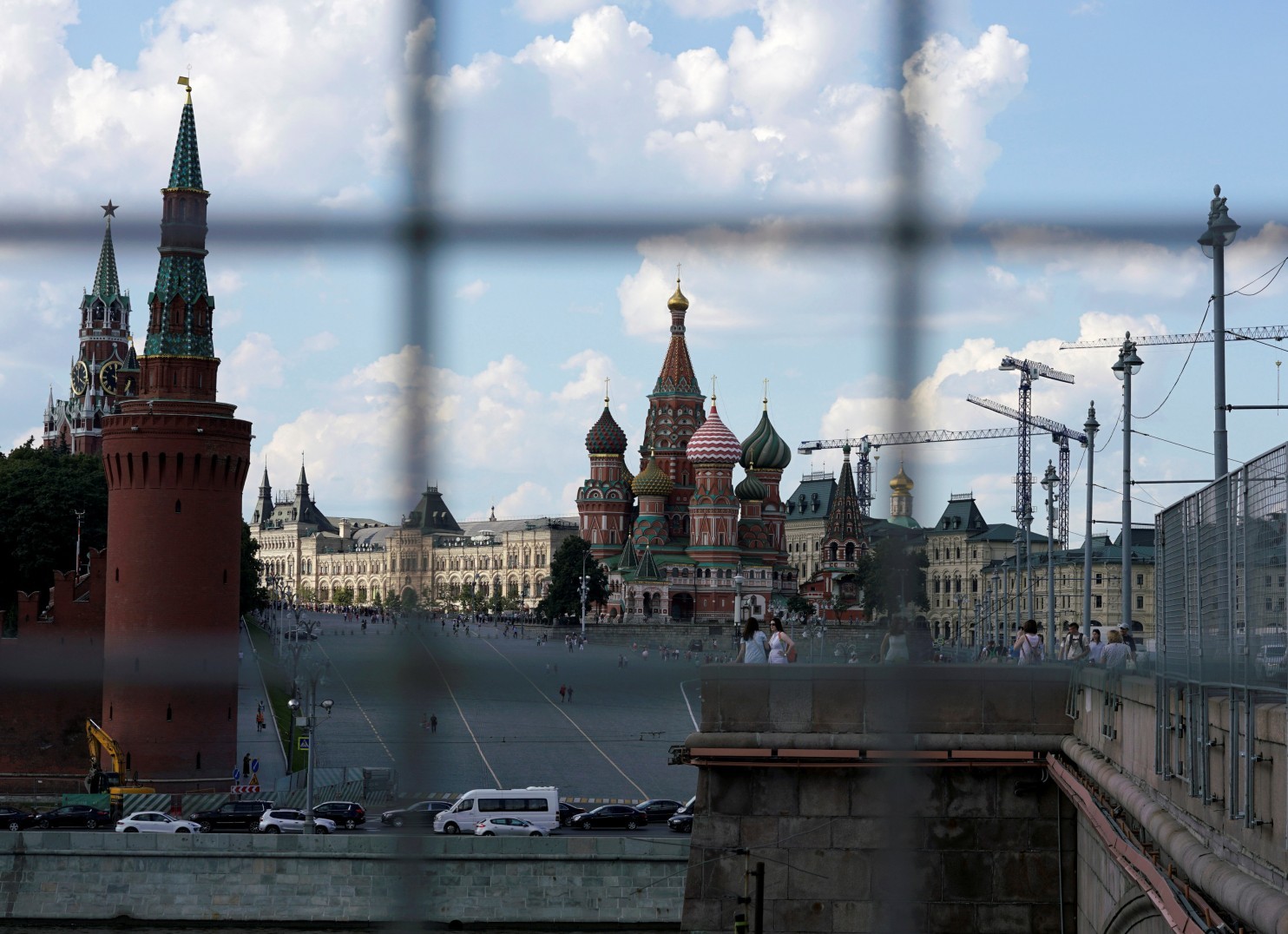 Reuters at WAPO
Reuters at WAPO








